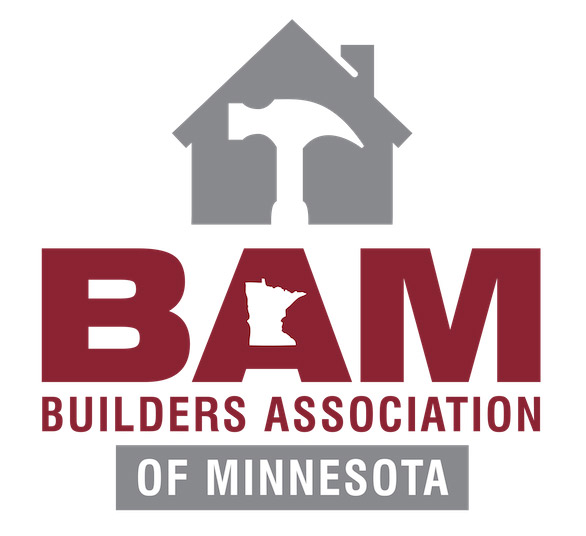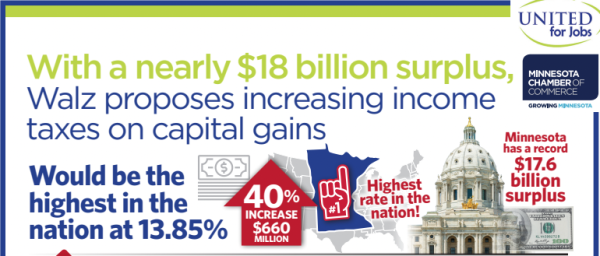BAM Day at the Capitol – 2023 Legislative Priorities
Below is a letter that was used to raise Legislative Priorities to any attendees at the BAM Day at the Capitol. Additional Resources found below as well.
WHO WE ARE
Since 1974, The Builders Association of Minnesota (BAM) has provided legislative, regulatory, and court protection for members of the Minnesota home-building industry. Our membership of nearly 1600 residential builders, remodelers, subcontractors, and industry partners are joined together through eleven local associations across Minnesota, and we are proud to be the statewide voice of the Minnesota home building industry! BAM advocates for legislation that creates opportunities for tomorrow’s residential construction workforce, increases overall housing availability, promotes housing affordability, and reduces one-size-fits-all mandates.
2023 LEGISLATIVE PRIORITIES
Construction Careers; Workforce Development (SUPPORT). Tomorrow’s workforce must be created today by increasing opportunities in high school and higher education for all students to choose family sustaining construction careers:
- BAM Supports SF1177 (Putnam), which expands Workforce Scholarships in higher education, to now include students in the field of construction, for 2-4 year degrees, certification, and classes. Currently this scholarship is funded at $4.5 million, and under the new bill it would grow to $25 million over two years.
- BAM Supports MNSCU’s budget proposal in the Higher Education Committees which would create a “Center of Excellence” for Construction careers. BAM intends to be an advisor to the system on which careers, certification programs, and classes would be offered across the State.
Increasing Housing Units & Addressing Housing Disparities (SUPPORT).
- BAM Supports SF22 (Oumou Verbeten) / HF12 (Agbaje) First-Generation Homebuyers Down Payment Assistance Fund, which will create 5,000 new first-generation homebuyers statewide over the next three years, by utilizing targeted down payment assistance (up to $32K per household).
New Wage Theft Requirements Shift Liability To GC’s & Project Owners (OPPOSE).
- While BAM supports efforts to reduce or eliminate wage theft, BAM opposes SF1988 (Seeberger)/ HF1859 (Feist) which introduce new enforcement provisions that impractically hold contractors and project owners of construction sites liable when a subcontractor(s) is alleged to have committed wage theft! The bill specifies that a contractor entering into a construction contract assumes and is liable for any unpaid wages, fringe benefits, and resulting liquidated damages owed to a claimant or third party. Instead, BAM supports aggressive enforcement of the robust wage theft laws passed in 2019.
Costly Employer Mandates (OPPOSE).
- Paid Family Leave: SF2 (Mann)/ HF2 (Richardson) would create a new, mandatory 24-week paid leave program for ALL Minnesota businesses regardless of size. Initially funded by drawing down $1. 7B of the state budget surplus, the program would be funded ongoing by imposing a .7% payroll tax, to be split between employees and employers. BAM joins industry allies in opposition to these well-meaning but massively expensive one-size-fits-all mandates. Instead, BAM supports preserving private employer rights to develop wage and benefit packages to retain employees and remain competitive.
Suggested amendments to improve the bill:
- Limit the leave to 12 weeks
- Adopt the scope of what is defined as a family member
- Exempt employers with 50 or fewer employees
Additional Resources:

